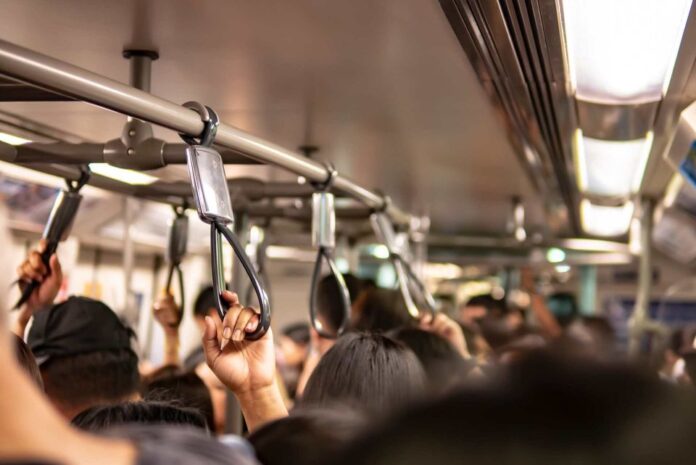Most people think that public transportation injuries are rare. However, each year there are approximately 60,000 bus accidents in the United States. These accidents lead to 14,000 physical injuries, most of which lead to lawsuits.
And while they are less common than car accidents, they happen frequently. Potential injuries can occur on subways, trains, buses, and taxis. Various situations can classify as a public transportation accident from slipping on a platform to being hit by a vehicle.
Causes of injury on public transportation
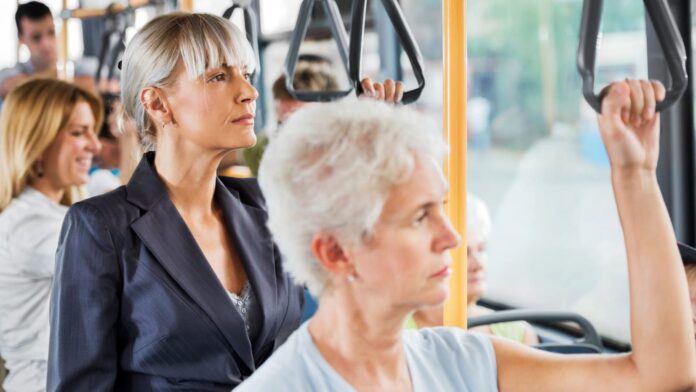
An important step for collecting the compensation, one must determine the cause of the injury and accident. The party at fault for causing the accident will be held liable and legally responsible for the damages. It is important to investigate the cause of the injury and it could be one of the causes mentioned-below.
- Slip and fall accident
- Negligent third party
- Dangerous premises
- Criminal attack
- Low quality repair
- Negligent driver
- Bad vehicle maintenance
- Drunk driving
A lot of accidents on public transportation are preventable and they usually occur when the employee or the government is negligent. Bad vehicle maintenance, poor repairs and inspections can lead to a state that exposes the passengers to injuries. Even driver negligence can lead to collisions in transit. The personal injury lawyer will be in a better position to identify the cause of the injury and will be able to determine the party liable for damages. You cannot simply blame the driver for the accident, it is important to dig deeper and identify the cause of accident and the party liable for it. Provide complete information to your personal injury lawyer who will take the necessary steps ahead.
If you suffered an injury, it is very important to take appropriate actions. Not only should you check your physical and mental state, but you also need to consider whether to take appropriate legal action. Here is what to do if you’re injured on public transportation:
1. See A Doctor
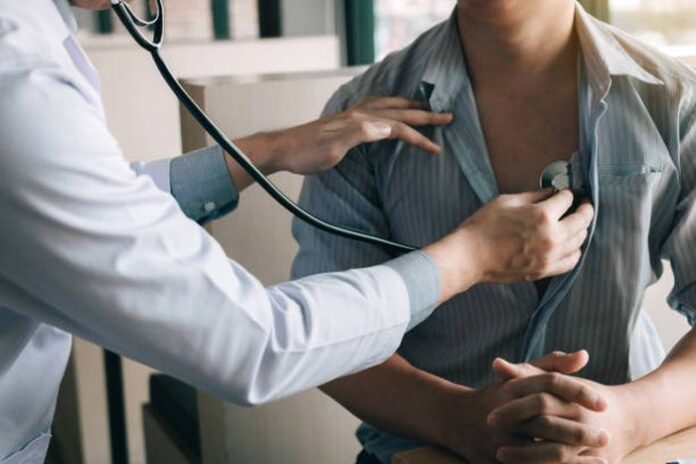
Regardless of how you might feel after the accident, you need to visit a doctor immediately. Sometimes, the damage will become noticeable after a day or two. Even if you do not think that the injury is serious, you must visit a doctor for the right advice. If you wait for too long, you might have issues with the insurance company.
Furthermore, visiting a doctor is very important for a potential lawsuit. Otherwise, it might seem as if the injury wasn’t as severe as you claim it to be. Also, if you don’t take immediate action, the authorities can interpret this as if you suffered the injury someplace else. After visiting a doctor, you need to keep all the evidence. This includes any appointment documents, prescriptions, casts, pill bottles, etc.
2. Understand The Common Carrier Law
Like any other entity, common carrier companies are liable for their actions. All these organizations are susceptible to the letter of the law and are under the supervision of appropriate regulator bodies. In the US, there is a set of safety standards pertaining to passenger security. If you suffered an injury while on public transport, you need to get acquainted with the law to better understand their obligations towards you.
According to the Barnes Firm, a team of Los Angeles accident attorneys, if a passenger was exposed to potential danger, this would create an opportunity for a lawsuit. Carriers and their staff are responsible for adhering to safety regulations but also for implementing appropriate measures according to a specific traffic situation.
To prove negligence, a plaintiff needs to demonstrate:
- That a carrier didn’t implement appropriate safety measures.
- That a carrier didn’t adjust to the current traffic situation.
- There was an obvious breach of duty.
- Or if a plaintiff suffered mental or physical injuries.
3. Address Your Mental Health
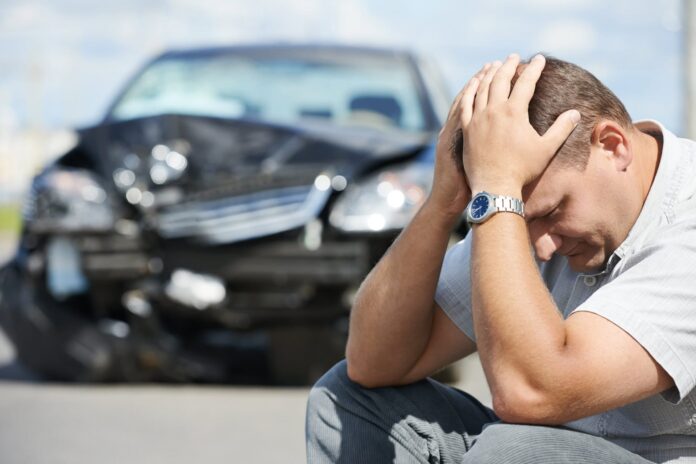
After a traffic accident, most people focus on physical injuries. However, you might also seek compensation if you suffer a mental trauma. Depending on the severity of a collision, a person might need therapy to deal with the consequences. Often, a person will need multiple sessions. In some situations, an individual can no longer use public transportation, potentially affecting their livelihood. Physical injuries recover with medication and time but the mental trauma can take months and years. It is not something you ignore or take lightly after an accident.
Mental damage can cause similar issues to physical injuries. In other words, a person might have to skip work or, in some cases, take a prolonged hiatus. This can lead to financial losses for the plaintiff, which the transportation company should refund. The sessions, as well as medication, can be costly. All expenses will be compensated after a successful lawsuit.
4. Contact The Authorities
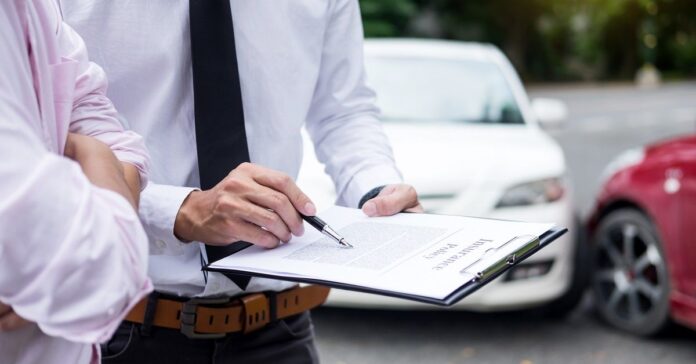
Before taking legal action, it is best to talk with the authorities. They need to investigate the accident and gather evidence. If possible, you should present them with any photos or documents pertaining to the injury. If there were any witnesses, you should share this information with the authorities. Alternatively, you can take witnesses’ statements, names, and phone numbers as soon as the accident occurs.
After providing the information, you can contact the authorities at any time looking for an update. It is also important to notify the officers if you suffer an injury. This will be important later on during the lawsuit.
5. Refrain Yourself From Talking To Anyone
If you decide to take legal action, it is very important to keep the information to yourself. You can share them with the lawyer, but that’s about that. If the defendant’s insurance company or legal team approaches you, avoid disclosing sensitive information (even if they help your case) and instead point them towards your lawyer.
Similarly, you shouldn’t share details on social media. While you can notify family and friends that you’re fine, don’t post anything related to the accident. This is especially true of photos and other potential evidence. The defendant’s team can use this information against you, showcasing that you’re irresponsible.
